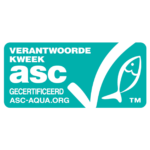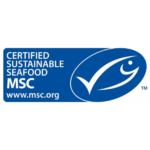Grouper
Worldwide
Bottom trawls, Dynamite and cyanide
- Jan
- Feb
- Mar
- Apr
- May
- Jun
- Jul
- Aug
- Sep
- Oct
- Nov
- Dec
The vulnerability to [fishing pressure] of groupers varies enormously with the species. One of the factors that makes groupers vulnerable to fishing pressure is the spawning in schools. This makes them an easy target for fishermen. Groupers have a high market value and are mainly caught in development countries by small-scale fishermen.
Two of the used catching methods are disastrous for the ecosystem: fishing with dynamite and cyanideCyanide:
Cyanide fishing is a technique where dynamite or cyanide is used to seduce or kill fish so that they float above the seabed. This technique is widely used in coral reefs and is very harmful to the environment.. Coral reefs are left as lifeless areas by those methods. Besides those, groupers are also occasionally caught with trawl nets. This also damages the corals and has a large amount of bycatch of e.g. sea turtles.
The fishery management for groupers is done on national level. In most countries there are, whether or not season-bound, [closed areas] and regulations for mesh size. Individual management per fishery often lacks. In the majority of South-east Asia, the fishing with dynamite and cyanide is forbidden, but supervision and enforcement shows to be difficult in practice.




